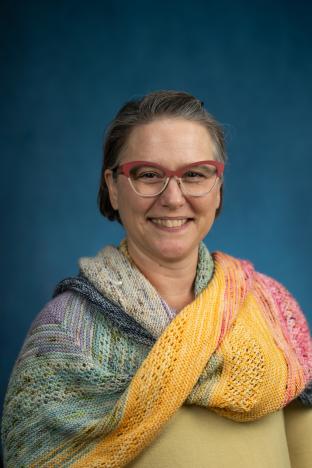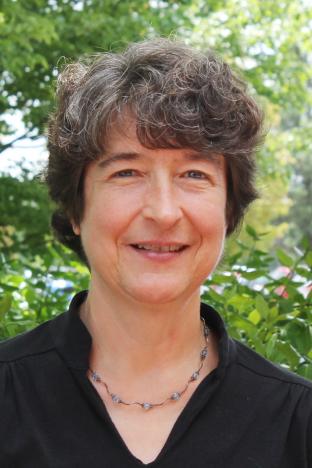Patient Care Services:
Our services include the Integrative Family Medicine Clinic providing primary care services for the whole family focusing on integrative medicine which is the combining of the best of traditional medical care with use of evidence based alternative therapies to create a comprehensive whole person approach for each individual. Our conventionally trained professionals all have advanced training in integrative medicine. We offer time to listen to people's' stories and review the conventional medical history as well as the use of evidence-based alternative therapies. A well rounded treatment plan is then created that suits each individual's unique needs, offering specific recommendations for mind, body, spirit and emotion that aims to optimize health. Integrative therapies such as holistic nutrition, relaxation techniques, acupuncture, massage, herbs and supplements are blended with the best of medical science and technology that is the hallmark of the Michigan Difference. This approach fosters optimal wellness and healing no matter what the health challenges.
University of Michigan Integrative Medicine System-Wide Initiatives (UMIMC-SWI) are being documented and developed to provide patients in the University of Michigan Health System with an array of possible complementary therapies to support their conventional care.
Research:
Researchers from across the University of Michigan investigate use of integrative therapies in the prevention, management, and treatment of conditions such as heart disease, diabetes, cancer, and rheumatologic disorders by undertaking basic science research, qualitative studies, clinical trials, and other types of research initiatives. Integrative modalities investigated include: acupressure, nutrition, herbal medicine, spirituality, mind-body therapies, and energy medicine. Lifestyle change programs that include stress reduction and respite in nature are also actively researched.
Education:
Our education program brings together students, physicians, allied health professionals, complementary and integrative practitioners and educators to engage in lively dialogue, including professional growth in knowledge about complementary and integrative therapies and their context of relationship-centered care. The program provides medical education curricula, faculty development opportunities, and several interdisciplinary courses to support the study of integrative medicine.
Program Co-Directors

Jill R. Schneiderhan, M.D.



